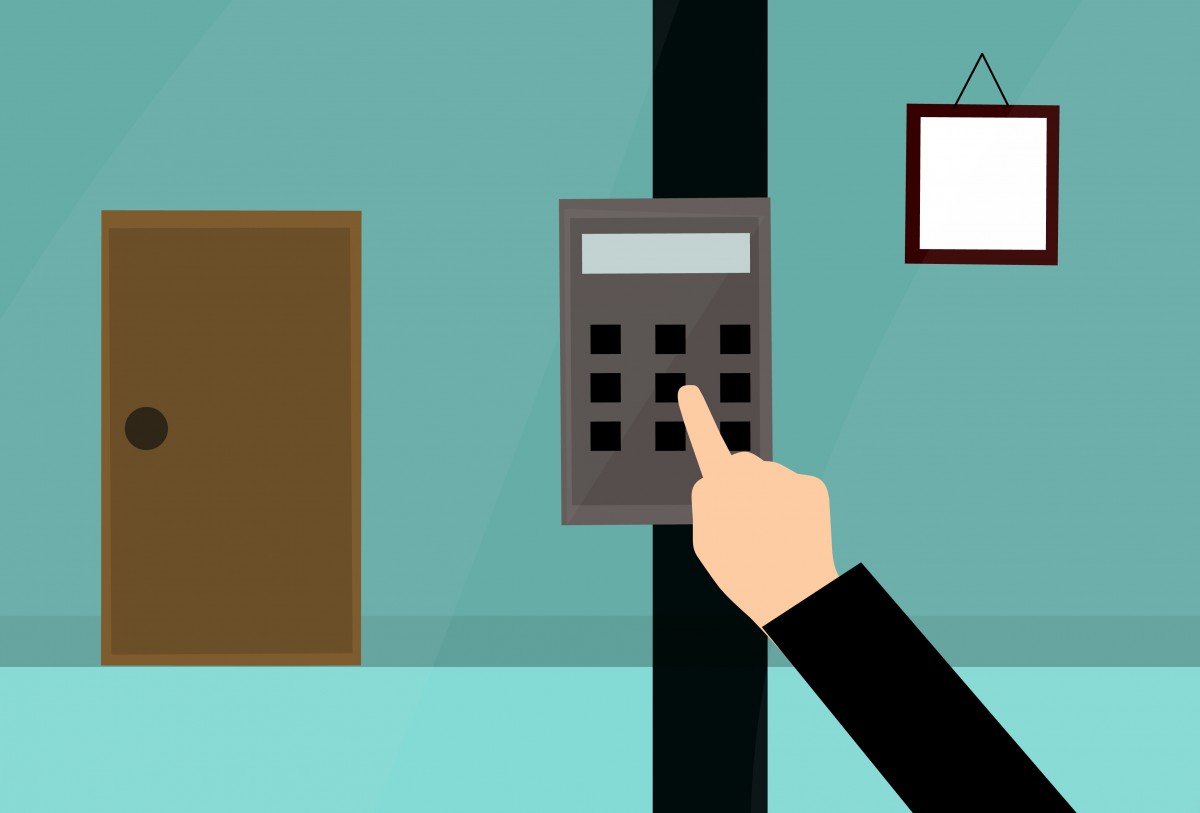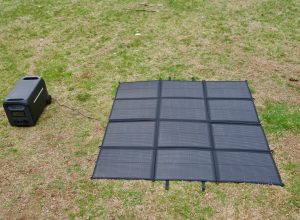Smart home solutions offer a broad variety of advantages to homeowners. That way, you can save time, install safety alerts, or control your electrical appliances from all over the world. Modern systems with smart device integration can be controlled via a laptop or even via a smartphone app. Critics of smart solutions often argue that the remote-control system is exactly what makes intelligent household tools so dangerous. Anyone who can get access to the handheld with the app could manipulate your home. But not just that: Hackers can easily access smart home apps, the smart home, or the circuit and mess around with electric devices – danger to life, data theft, and installing spyware is what critics fear.

Smart home companies know that any kind of remote-control can technically be hacked, but they want you to know that it is possible to protect your home from unauthorized access. Smart Home Magazines feature high-quality information on devices and available protective mechanisms. But even without special security software, there are plenty of things you can do to keep hackers out of your system.
How to protect your home after smart device integration
Hack-proofing your smart home is important. Having installed a small smart home starter kit doesn’t lower the risk of someone intruding on your privacy by hacking your system. If you want to be on the safe side, use the following advice to keep hackers out.
Safe passwords
Many of us tend to use the same passwords for every account or device they use. Others keep the default password of the smart home companies. Neither protects your smart appliances from getting hacked. Think of a complicated and unique password. Make sure not to write the password down on your phone. A little slip of paper hidden underneath your socks for “just in case” will do.
Encrypted connections
If you use online banking, you probably already know how important it is to use encrypted connections whenever the transmitted data is sensitive. Make sure the connection between your handheld and the smart home system is suitable for the matter.
Take advantage of updates
Operating systems on phones and tablets should be updated every so often. Sometimes, the operator has just changed a few little details. But developers usually try to seek out possible loopholes in the security systems as the systems run. As soon as they find a cure for the weaknesses, they’ll give out a security update, which is usually embedded in the system updates, which your software suggests to you. Even though bigger updates can be frustrating as they sometimes discard smart home settings that you have made, they are necessary when it comes to hack-proofing your smart home solutions.
Some smart home companies offer their own operating system. Others work with Android or iOS, especially if you go for a smart home starter kit.
Ask for that security concept
Smart home systems are nothing but a network of different components that communicate with one another. Each connection could be a possible safety risk. When installing smart appliances and controls, make sure to ask the smart home company for the security concept. The list of all the ways of communication between the various components gives you information on weak points, where data might not be protected against access. As long as there is no way for sensitive data to be leaked, you should be on the safe side – do not fail to follow the previous pieces of advice, though.
Who wants your data?
You may assume that you’re too boring for anyone to hack your home, but you are not. By hacking your phone, a fraudster can find out a lot about you and your behavior and pass their knowledge on to companies that will smother you in advertisements. Not that bad? Okay, but do keep in mind that hackers can also use your information to break into your home.



